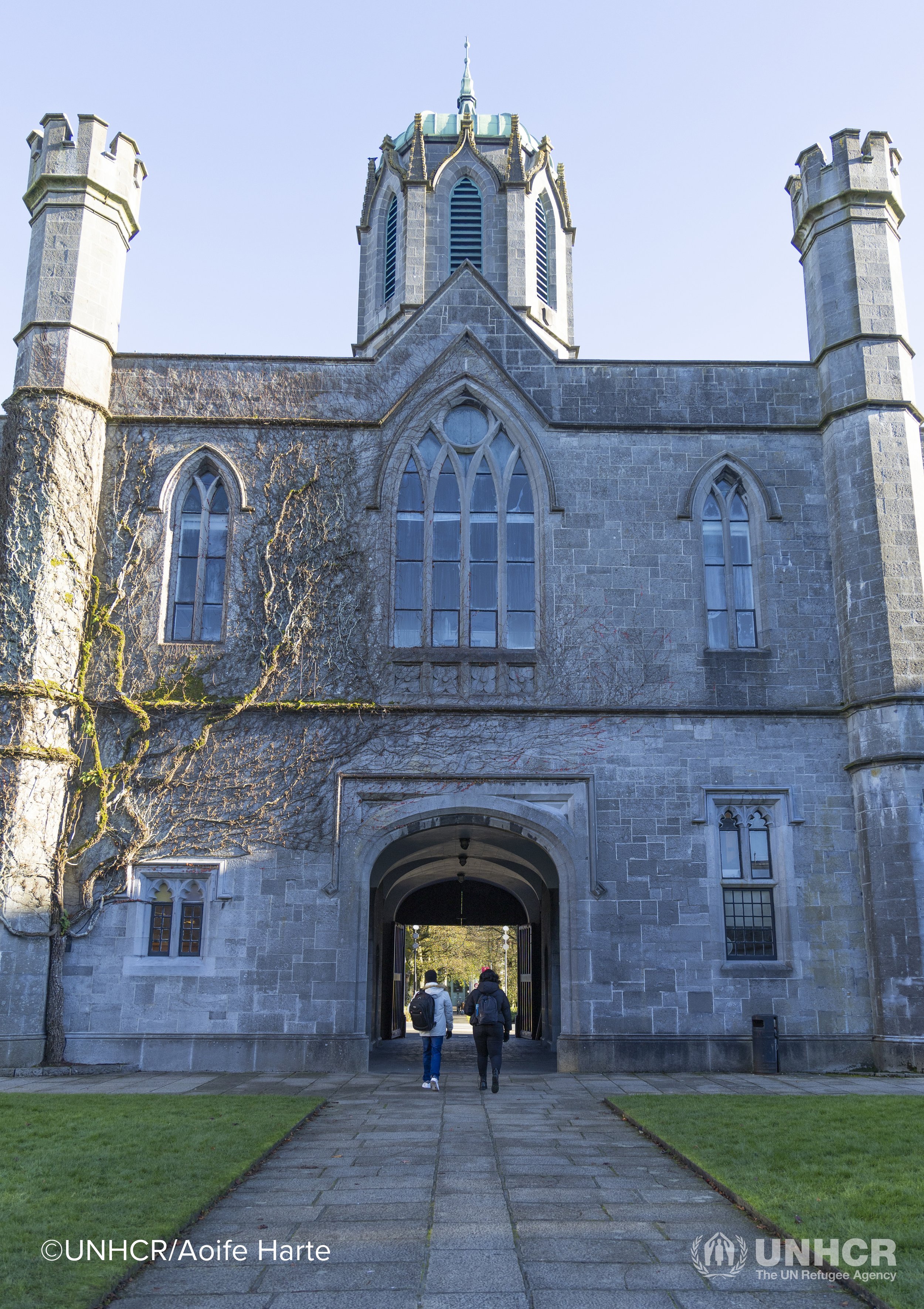The EU-Passworld Scholarship Programme
Best Practice from UNHCR Ireland and Nasc, the Migrant and Refugee Rights Centre
“Expanding Complementary Pathways linked to Community Sponsorship”
Background
The EU-Passworld Scholarship Programme is an EU-funded initiative designed to create education pathways for refugees from third countries to pursue master's degrees in Ireland. The programme partners with universities, NGOs, and UNHCR to offer scholarships covering tuition, living expenses, and travel costs. Required resources include university partnerships to provide academic opportunities, waiving of tuition fees, community sponsorship fundraising for living expenses, administrative support for application and selection processes, and collaboration with NGOs and community sponsorship groups for pre-departure orientation and post-arrival integration. The initiative aims to empower refugees with advanced education, fostering self-reliance and long-term economic stability.
Best Practice
Since its inception as a pilot in 2022, the EU-Passworld Scholarship Programme has evolved significantly, driven by a set of best practices that have been instrumental in its success. These practices are detailed below:
1. Leveraging the University of Sanctuary Initiative
The University of Sanctuary Initiative provided a robust framework for engaging universities with a demonstrated commitment to supporting refugees and asylum seekers. This network was leveraged to identify and partner with institutions already aligned with the programme’s mission, thereby ensuring smoother collaboration and implementation.
2. Committed and Flexible University Champion from the Start
University of Galway’s early and active participation served as a model for other universities. Their commitment set a high standard in terms of scholarship design, student support, and advocacy for the programme, encouraging other institutions to follow suit.
3. Targeted Bilateral and Multilateral Advocacy with Universities
Through targeted advocacy, the programme effectively communicated its goals and benefits to university stakeholders, ensuring alignment with their academic and equality, diversity and inclusion goals. This was done through both one-on-one meetings with key decision-makers and broader forums involving multiple actors.
4. Buy-In from Government
Securing government buy-in was critical, particularly in obtaining flexible immigration permissions that allowed students to study without bureaucratic hurdles. This also included pathways to work post-graduation, making the programme more attractive to prospective students. The government’s role in financing students’ flights and providing other logistical support was a key factor in ensuring the programme's feasibility and accessibility. Additionally, government advocacy on behalf of the programme raised its profile and legitimacy, further encouraging university participation.
5. Community Sponsorship formed to support education pathways
The Community Sponsorship model was adapted to support education pathways. A voluntary Community Sponsorship Group (CSG) that is independent from the university includes members bridging the local community, professionals, university alumni as well as university students. With operational support from a migrant advocacy group, the CSG offers comprehensive assistance to help students integrate into the community. This includes social support for accessing services, settling into university and community life, and ongoing support after graduation.
Challenges Encountered
1. Coordination across Multiple Stakeholders
Coordinating with various universities, government bodies, NGOs, and refugee communities can be complex. Each stakeholder may have different priorities, timelines, and expectations, making alignment and communication challenging. Solutions include developing a detailed communication plan that outlines the frequency, channels, and key points of contact for all stakeholders. Regular check-ins such as bi-weekly meetings can help maintain alignment and address issues promptly. Clearly defining the roles and responsibilities of each stakeholder from the beginning of the programme helps to reduce overlap and confusion, ensuring that each party understands their contribution to the overall project.
2. Timeline and Process Management
Given the number of stakeholders involved, there may have been delays in reviewing applications, conducting interviews, and finalising selections. Such delays can impact the overall timeline and lead to missed deadlines. Solutions include developing a clear and detailed timeline for each stage of the selection process, including deadlines for application reviews, interviews, and decisions, while including buffer periods to account for potential delays or setbacks.
3. Recognition of International Academic Certificates
Refugee students often come from diverse educational systems, which may not always align with the entry requirements of Irish universities. Assessing equivalence and ensuring that students are academically prepared for their chosen programmes can be challenging. A solution might be to agree standardised criteria for evaluating education history prior to launching applications to ensure that all candidates are assessed fairly and consistently, regardless of their country of origin.
Lessons Learned
1. Leverage existing networks and institutions to accelerate the implementation of the programme.
2. Secure a champion university, engage a respected university as a lead institution from the start.
3. Engage in strategic advocacy.
4. Ensure government support and flexibility with regard to immigration permission of students has been significant in creating a secure pathway.
5. Fostering community involvement with local communities in the support network for students outside of the university is a key strength.
6. Monitor and evaluate continuously to assess the effectiveness of the programme at each stage, both with scholarship recipients and host universities.
Submitted by:
UNHCR Ireland and Nasc, the Migrant and Refugee Rights Centre
Key Contact Persons: Aoibhinn Helly and Tessa Cornally
E-mail: helly@unhcr.org, tessa@nascireland.org

